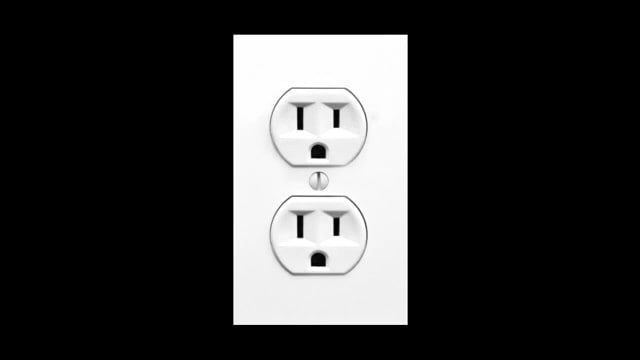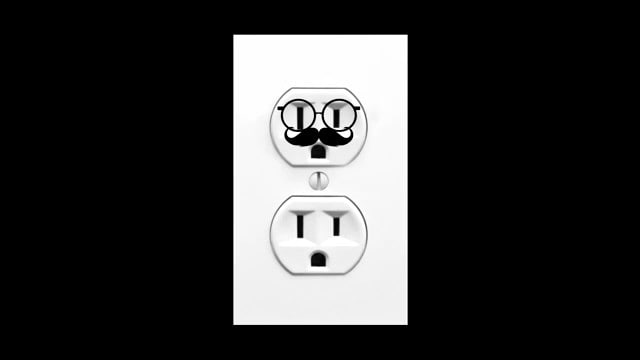- Good vs. Evil as a topic of interest : Leo discusses the traditional dichotomy of good versus evil and questions the existence of these concepts, stating that they greatly influence one's happiness and interaction with reality.
- Critical thinking and open-mindedness : He warns that the video will challenge conventional wisdom, which mostly stems from societal, media, cultural and religious influences, and encourages viewers to think critically and keep an open mind.
- Personal investigation of good and evil : Leo points out that most people have not personally investigated the nature of good and evil, and instead, accept the definitions given to them by society without questioning.
- Human tendency - Apophenia : He introduces apophenia to demonstrate how the human brain searches for and interprets patterns, likening this process to how people perceive good and evil.


- Good and evil as mental constructs : Leo suggests that good and evil do not possess physical reality but are rather constructs of the mind, with interpretations relying on the individual's internal judgments and preferences.
- Subjectivity of good and evil : He asserts that actions deemed good or evil are subject to personal preferences, with scenarios such as murder in self-defense highlighting the subjective aspect of these judgments.
- Relativity of good and evil : Leo emphasizes that good and evil are entirely relative and would not exist without human interpretation, advocating for the Buddhist concept that reality is inherently neutral.
- Liberation through understanding neutrality : He believes that accepting reality's neutrality liberates individuals from the constraining beliefs about good and evil imposed by societal conditioning.
- Objecting to Moral Neutrality : Leo addresses objections to his idea of moral neutrality by admitting that disruptive actions like murder, rape, and theft deeply affect us, but he insists that this disturbance is proof of personal preferences rather than inherent evil.
- Ego Influence on Good and Evil Perception : He asserts the disturbance we experience from what we perceive as evil acts stems from personal ego responses rather than any objective reality. Leo suggests that society's collective definitions of morality are subjective constructs, deeply influenced by social conditioning.
- Social Chaos Concern : In response to fears that his viewpoint could lead to societal chaos, Leo examines the behavior of lion prides, which maintain a peaceful coexistence devoid of the concepts of good and evil, questioning the indispensability of morality for societal functioning.
- Hardwiring of Morality : Leo explains societal harmony is less about conceptual morality and more due to evolutionary hardwiring in social animals' brains, including humans, making them naturally avoid antisocial behaviors detrimental to their survival and collective well-being.
- Resistance to Moral Unwiring : While he acknowledges that morality is deeply hardwired in humans, he also notes instances, such as with extremists, where this wiring can be unwound with intensive psychological conditioning—though this is not the norm.
- Philosophical Concept of Normativity : Leo tackles why people insist on the objective reality of good and evil, introducing normativity, which compels individuals to want others to share their beliefs and values, enforcing a sense of universality and transferability.
- Difference Between Normative and Non-normative Concepts : He contrasts normative concepts, which carry an expectation for others to agree, with non-normative preferences, such as personal tastes in ice cream, which do not require agreement and, thus, foster less conflict.
- Good and Evil as Personal Preferences : Leo reinforces that good and evil are subjective preferences and not universal truths, arguing that realizing this can simplify our understanding of the world, evidenced by historical conflicts like George Bush versus Osama bin Laden.
- Good, Evil, and Subjectivity : Leo scrutinizes the good versus evil narrative by using the example of George Bush and Osama bin Laden, each believing themselves to be good and the other evil. He stresses that neither perspective is objectively true; rather, reality remains neutral, and these are just beliefs each side strongly holds.
- Preferences vs. Normativity : He explains that while individuals can have preferences—like desiring a peaceful society over a violent one—this doesn't require creating a grand narrative that labels others as universally evil. He suggests egoic insecurities drive the need to demonize others and assert normative judgments.
- Conflicts Driven by Differing Beliefs : Leo discusses conflicts like Conservatives vs. Liberals, the Israeli-Palestinian conflict, Rome vs. Barbarians, and others, noting that there's no objective right or wrong side, only differing preferences and agendas.
- Ego, Morality, and Buddhist Perspective : By highlighting the behavior of Zen Buddhists and Indian yogis, who act benevolently despite seeing reality as neutral, Leo suggests that shedding ego and accepting reality's neutrality tends to foster a more genuine and profound sense of morality.
- Intellectual Honesty and Adverse Consequences : He expresses that the belief in external good and evil is an ego defense mechanism that lacks intellectual honesty, creating suffering, judgmental attitudes, extremism, and denial, as people become trapped within their own belief bubbles.
- Reevaluating Beliefs and Open-Mindedness : Leo encourages viewers to critically explore their own beliefs about good and evil, rather than just accepting his arguments, for a more open, honest, and insightful personal development journey.
- Promotion of Actualized.org : Lastly, Leo promotes Actualized.org and its newsletter, which aims to provide practical tools and mindsets for living an extraordinary life, advocating for continuous growth and overcoming obstacles such as judgment and close-mindedness.

